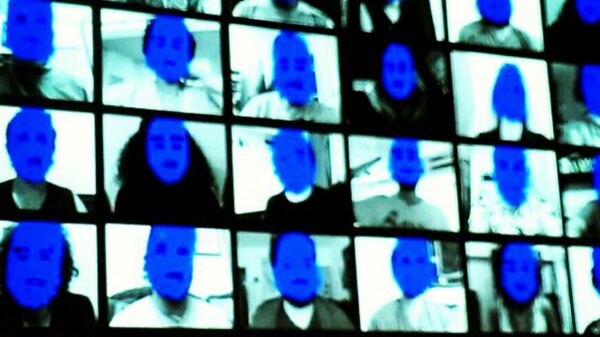In 2012, the Obama administration began drafting the Consumer Privacy Bill of Rights. The bill was meant to protect the public’s "individual privacy in the commercial arena and to foster timely, flexible implementations of these protections through enforceable codes of conduct developed by diverse stakeholders."
While the legislation, theoretically, protects users from indiscriminate data collection by tech companies, it currently lacks teeth, and is only voluntary at this time. It also fails to address privacy advocates’ growing concerns with facial recognition technology.
Last year, the US Commerce Department sought to change that. Through the National Telecommunications and Information Administration, it organized spokespersons from "technology companies, trade groups, consumer groups, academic institutions and other organizations" in order to craft a framework for protecting consumers against the commercial use of facial recognition.
Unfortunately, those talks seem to have fallen apart. All nine privacy advocates involved – including the Electronic Frontier Foundation and the American Civil Liberties Union – have dropped out of the conversation, saying their voices are being drowned out by corporate interests.
"At a base minimum, people should be able to walk down a public street without fear that companies they’ve never heard of are tracking their every movement – and identifying them by name – using facial recognition technology," privacy groups wrote in a joint statement.
"Unfortunately, we have been unable to obtain agreement even with that basic, specific premise."
Facial recognition software is capable of identifying individuals by comparing selective facial features. When that technology is applied to surveillance cameras, many worry that it could not only allow corporations – or governments – to track a person’s every move, but that the data could also be cross-referenced with social media data to uncover personal information about virtually anyone.
Writing for the Washington Post last week, Ben Sobel, a researcher at the Center on Privacy & Technology, said "being anonymous in public might be a thing of the past."
"This should be a wake-up call to Americans: Industry lobbyists are choking off Washington’s ability to protect consumer privacy," Alvaro Bedoya, executive director of the Center on Privacy & Technology, and one of the privacy advocates involved in the talks, said in a statement.
"People simply do not expect companies they’ve never heard of to secretly track them using this powerful technology. Despite all of this, industry associations have pushed for a world where companies can use facial recognition on you whenever they want – no matter what you say. This position is well outside the mainstream."
Currently, only Texas and Illinois have laws against using facial recognition technology on an individual without their consent. There is no federal legislation, and, for the time being, it looks like there won’t be.




